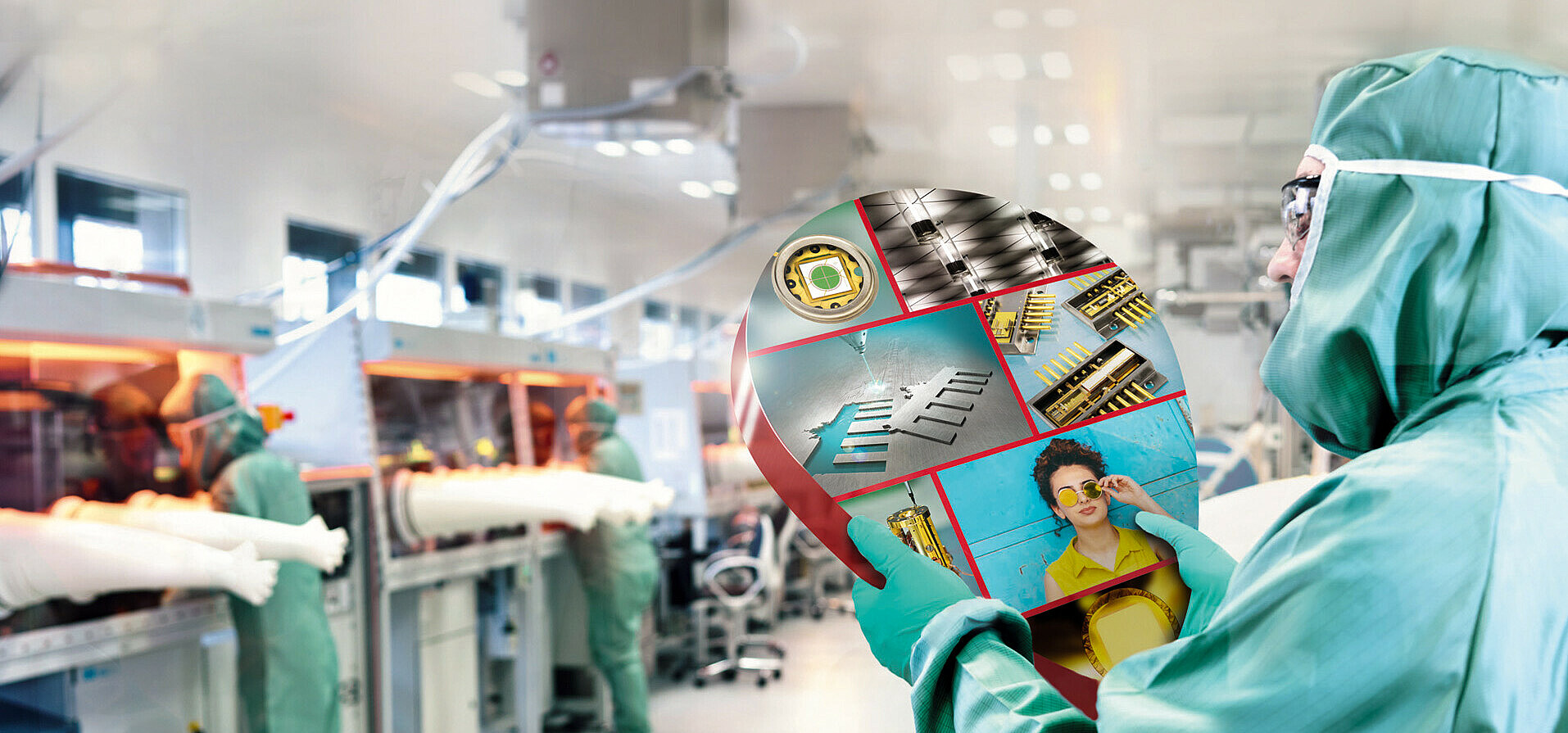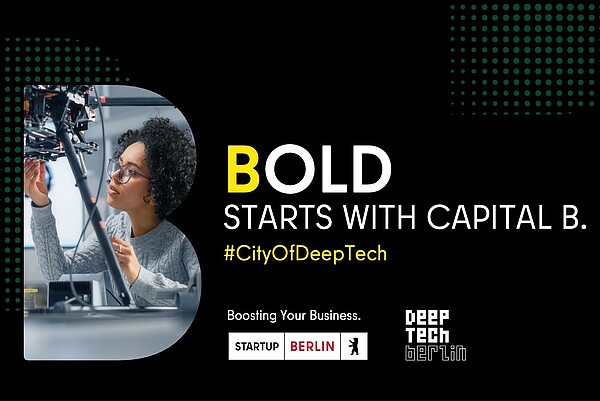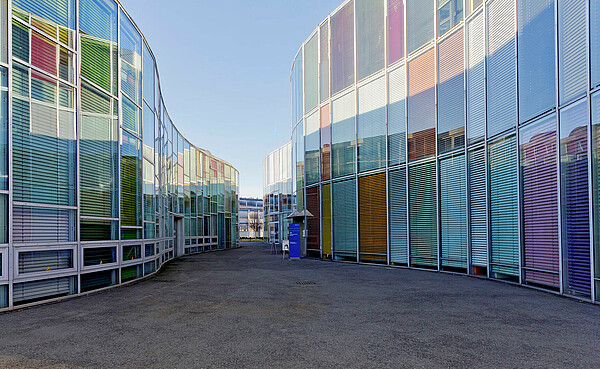The Magic of Light – Photonics and Optical Technologies in Berlin
For over ten years, Berlin-Brandenburg has been an optics, photonics and microelectronics cluster.
Light sources and lighting technologies are a ubiquitous part of life, be it private, public, or working. Lasers are used in all sorts of fields, from communications to medical technologies; you can cut things or measure things with great precision using concentrated light. And the technological prerequisite for the internet to work is optical communication through fiber optics.
All good reasons to focus on optics and photonics. Today we are talking to Gerrit Rössler, cluster manager for optics and photonics in Berlin-Brandenburg.
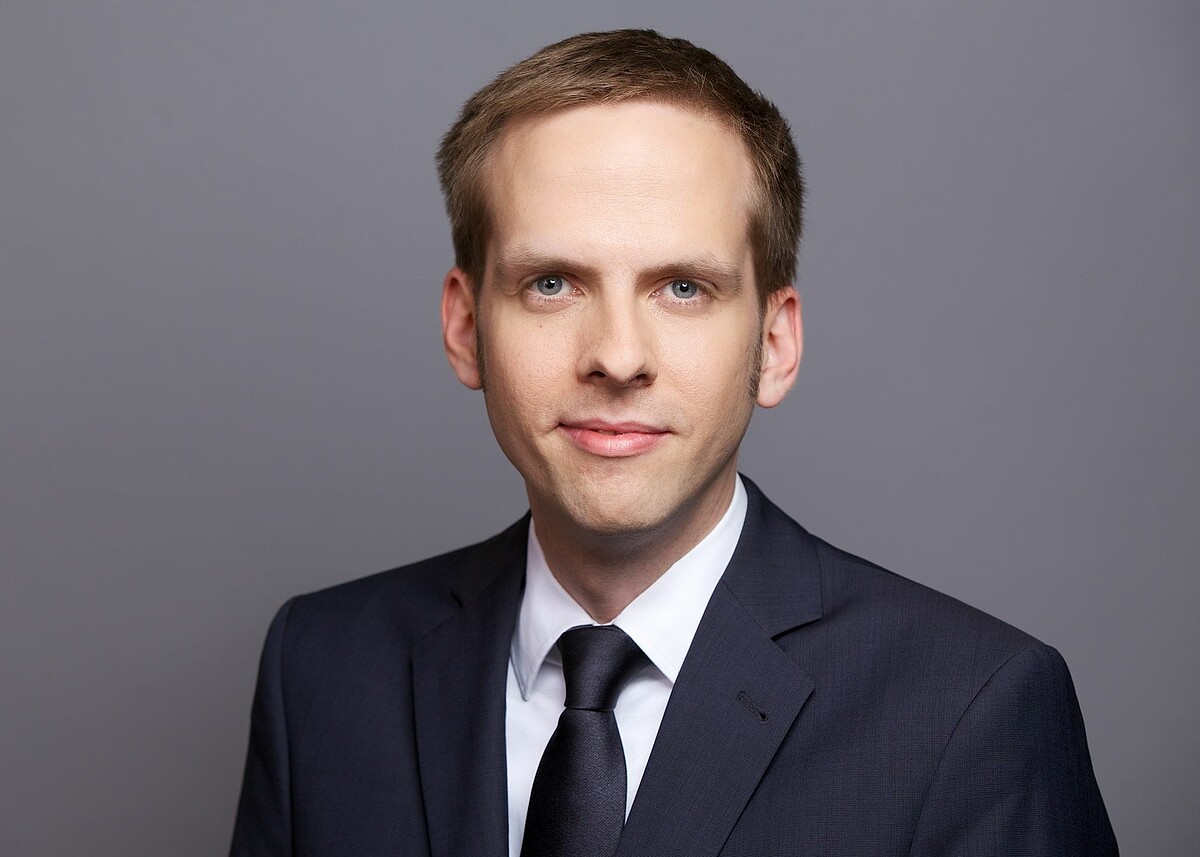
Gerrit, why did Berlin-Brandenburg decide to focus on the optics and photonics cluster?
Berlin and Brandenburg have a long tradition in optics, both in industry and especially in research and development. Today there are approximately 400 companies and 35 research institutions in the capital region with a focus on optics and photonics, including numerous world market leaders and globally renowned institutes. This is an impressive amount, even by international standards.
Furthermore, the regional community is characterised by a high degree of collaboration and cooperation. The largest network in the area, OpTecBB e.V., has over 110 institutional members. There are also networks dedicated to specific topics, such as the association for laser technology (Laserverbund Berlin Brandenburg), the optic alliance Brandenburg Berlin for eyecare, and the ANH high-tech training network.
And of course optics, photonics and microelectronics are crucial technologies for economic mega trends such as digitalisation.
All these considerations were certainly significant criteria for the decision of the states of Berlin and Brandenburg to establish an economic policy focus in optics and photonics.
What exactly does the cluster cover? Can you give us some examples of successful companies in the field and what kind of applications or solutions the technology has provided?
The cluster focuses on laser technology, illumination and light technology, photonics and quantum technologies for communications and sensors, biophotonics and ophthalmic optics, optical analytics as well as microsystems and microelectronics.
These are key technologies for Industry 4.0, Smart Cities, AgTech, AR/VR, Digital Health, aerospace, or autonomous driving. A nice example is First Sensor AG. They started in the 1990s as a Berlin-based technology startup and today are one of the world's leading sensor technology companies, with over 1,000 employees and their own cleanroom for production. Their optical and microelectronic sensors are necessary components in respirators, driver assistance systems, certain production plants, and drones.
What impact does the development of these technologies in Berlin-Brandenburg have on the region?
The technologies are often developed at universities and research institutions. They are then transferred to industry via start-ups or joint ventures, where they generate new jobs. For example, the Ferdinand Braun Institute for high frequency technology has produced 11 companies in the past 20 years, including the very successful joint venture Jenoptik.
The tech know-how in the research institutions and their spin-offs has also attracted all sorts of big industry players such as Trumpf, II-VI or Bruker to come to Berlin.
What benefits does the region Berlin-Brandenburg offer companies in the field of optics and photonics? Why come here?
First of all, Berlin offers exceptional access to a broad research infrastructure. Companies that have a branch office in Berlin benefit not only from this proximity and environment conducive to collaboration, but also from regional funding programs that can be used for joint R&D projects with Berlin's universities and research institutes.
Furthermore, these research institutions are also sources of highly qualified specialists. The large pool of talent is one of Berlin's great strengths anyway. The city is attractive to young, well-educated people from all over the world – this is as true for engineers and physicists as for programmers or marketing specialists.
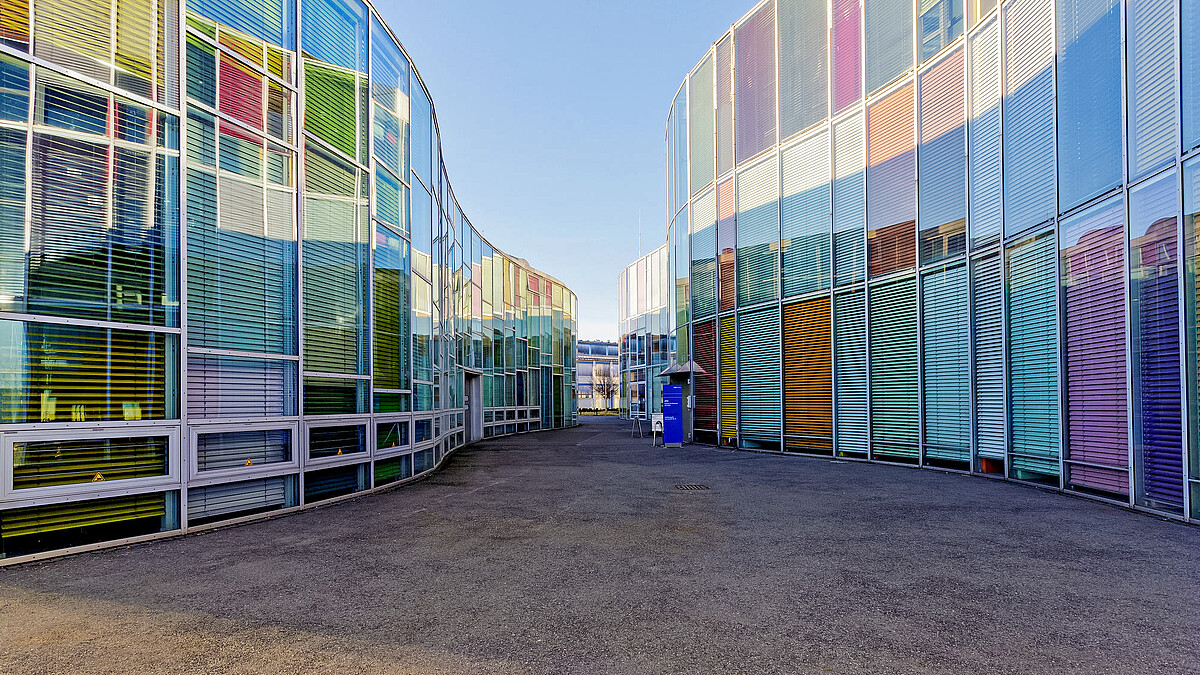
How can you and Berlin Partner help startups or established companies from overseas become successful? What services and support can you provide?
Berlin Partner supports startups as well as established companies looking to relocate to Berlin. We assist in the search for offices, skilled employees, laboratory or production facilities. We also help find appropriate funding opportunities – for investments, newly created jobs, or R&D projects. And we arrange contacts with potential partners for collaboration – universities, research institutions, companies, networks, or even suitable lawyers and tax advisors. Startups are also happy to take advantage of our extensive contacts to accelerators, incubators and VC investors.
Berlin – City of Light
Thank you, Gerrit! To sum up, for companies creating products, applications, or use cases involving light generation or emission, detection, transmission, modulation of light, or signal processing, switching, amplification, or sensors, Berlin provides a superb location in terms of infrastructure and business opportunities.
-----
Gerrit Rössler can be reached by e-mail or phone: +49 30 46302-456
Text: Olaf Bryan Wielk, ideenmanufaktur
Header image: © Berlin Partner

